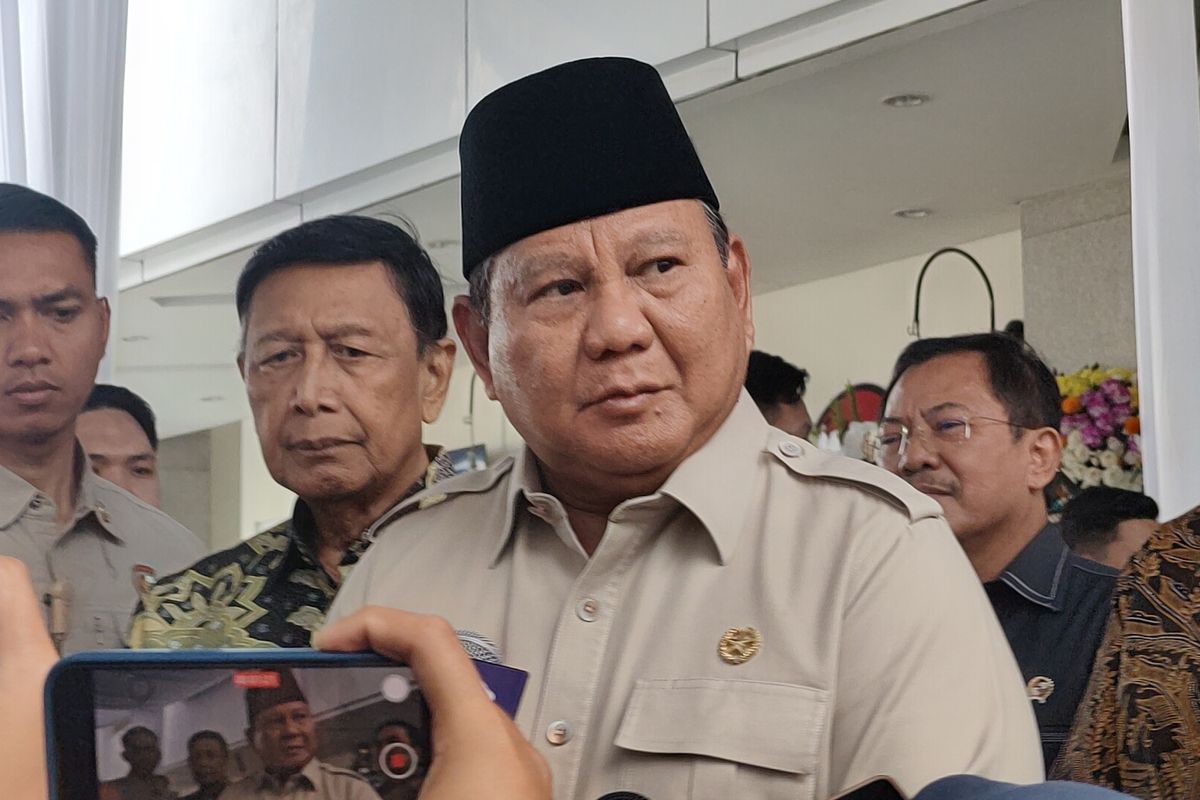Indonesian President Prabowo Subianto has stepped in to resolve a highly debated controversy involving the freezing of idle bank accounts by the country’s Financial Transaction Reports and Analysis Center (PPATK). The issue, which had sparked public criticism and political debate, revolved around whether the government should have the authority to freeze bank accounts that remain inactive for an extended period.
With Prabowo’s direct intervention, the dispute has now been officially concluded, bringing clarity to banking policy and financial governance. This decision reflects the administration’s aim to balance financial security and individual banking rights, while also addressing public concerns about transparency and trust.
The Prabowo bank account freeze issue has attracted widespread attention, raising questions about regulatory oversight and banking practices in one of Southeast Asia’s largest economies. It also highlighted the growing importance of clear communication between regulators, financial institutions, and the public.
Background Of The Prabowo Bank Account Freeze Issue
The controversy began when PPATK introduced stricter measures to freeze idle bank accounts, arguing that such accounts could be vulnerable to misuse, including money laundering and terrorist financing. However, the policy quickly faced criticism from various stakeholders, including business associations and consumer protection advocates, who argued that it infringed upon customer rights.
Concerns were also raised about how “idle accounts” were defined, as many dormant accounts may belong to retirees, students, or individuals working overseas who maintain low-activity balances. The ambiguity sparked fears of wrongful freezing and potential misuse of regulatory power.
Amid growing debate, President Prabowo Subianto called for a comprehensive review of the policy. After consultations with financial regulators, banking industry leaders, and civil society representatives, the government decided to halt the enforcement of automatic freezes until clearer guidelines are established.
Implications For Banking Regulation And Financial Security
The Prabowo bank account freeze issue is significant because it underscores the tension between financial oversight and customer autonomy. Regulators argue that monitoring idle accounts is essential to prevent financial crimes, especially in an era of increasing digital banking and cross-border transactions. However, consumer advocates emphasize that such measures must respect privacy and property rights.
By stepping in, President Prabowo has signaled that regulatory policies must be both effective and equitable. The new guidelines expected to follow this resolution will likely focus on clearer definitions of idle accounts, improved customer notification systems, and better dispute resolution mechanisms.
Financial experts say that this balanced approach could strengthen public trust in Indonesia’s banking sector while still allowing regulators to combat financial crimes effectively. This is particularly important as Indonesia seeks to expand its digital financial ecosystem and attract more foreign investment.
Public And Industry Reactions
Reactions to Prabowo’s intervention have been largely positive. Banking associations welcomed the move, noting that abrupt account freezes risk damaging customer confidence. Many banks are now expected to implement more robust communication protocols, such as advanced warning notifications and customer outreach programs, before taking any action on inactive accounts.
On social media, many individuals expressed relief that the policy had been revisited, sharing personal stories about dormant accounts kept for family savings, education funds, or emergency purposes. Consumer advocacy groups have urged the government to involve civil society in drafting future regulations to ensure transparency and fairness.
The Prabowo bank account freeze controversy also generated discussions among financial technology (fintech) companies, which play an increasingly significant role in Indonesia’s banking ecosystem. Fintech leaders suggested that technology-driven solutions could help regulators identify suspicious activity without impacting legitimate customers, such as using artificial intelligence to flag unusual transactions rather than automatically freezing dormant accounts.
Impact On Financial Governance And Future Policy
The resolution of the Prabowo bank account freeze issue may serve as a case study in balancing financial security with customer rights. It demonstrates how leadership can respond quickly to public concerns while maintaining regulatory integrity.
Looking forward, analysts believe this incident could accelerate reforms aimed at modernizing Indonesia’s banking laws. These reforms might include stronger consumer protection frameworks, enhanced digital oversight mechanisms, and clearer guidelines on how regulators can act in potential financial risk situations.
For President Prabowo, resolving this issue enhances his administration’s image as responsive and pragmatic, particularly in financial governance. It also sends a message to international investors that Indonesia remains committed to transparent and stable financial policies.
Conclusion
The Prabowo bank account freeze controversy serves as a reminder of the challenges governments face when implementing financial regulations in an era of rapid technological change. While protecting the financial system from misuse is essential, safeguarding consumer rights and ensuring public trust are equally critical.
By personally intervening to resolve the issue, President Prabowo Subianto has taken an important step toward balancing these priorities. The upcoming regulatory updates are expected to clarify the definition of idle accounts, improve consumer communication, and strengthen Indonesia’s overall financial governance.
For now, the banking sector and the public can move forward with greater confidence, knowing that both security and fairness are central to the government’s financial oversight approach.
Read More






 Friday, 27-02-26
Friday, 27-02-26







